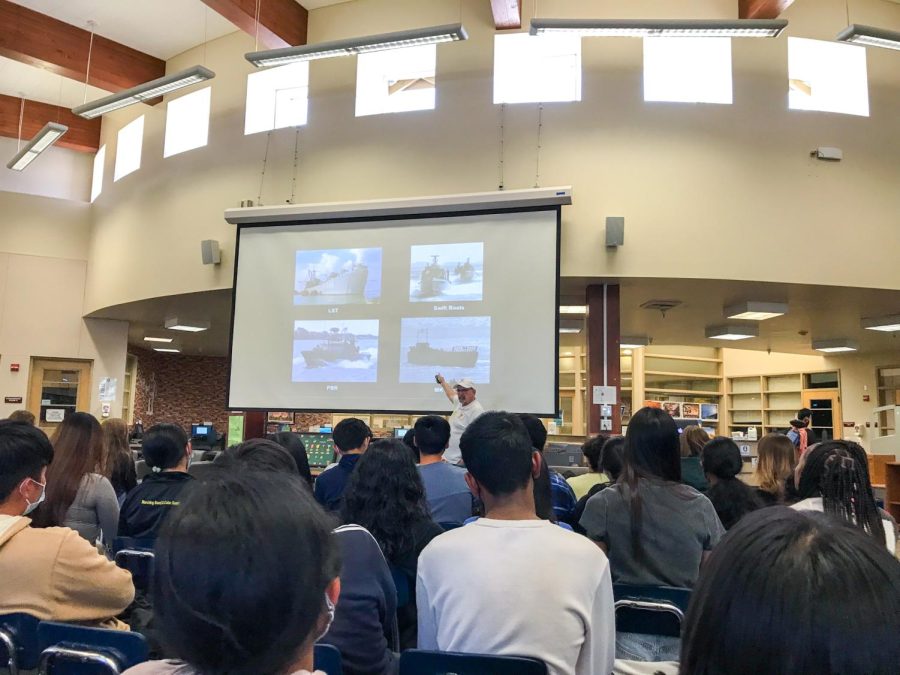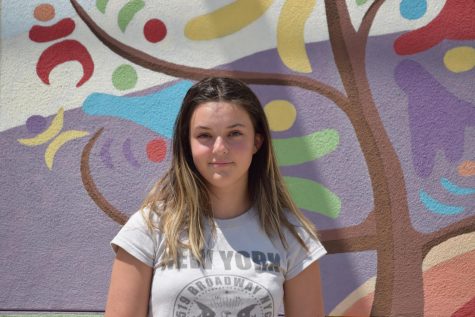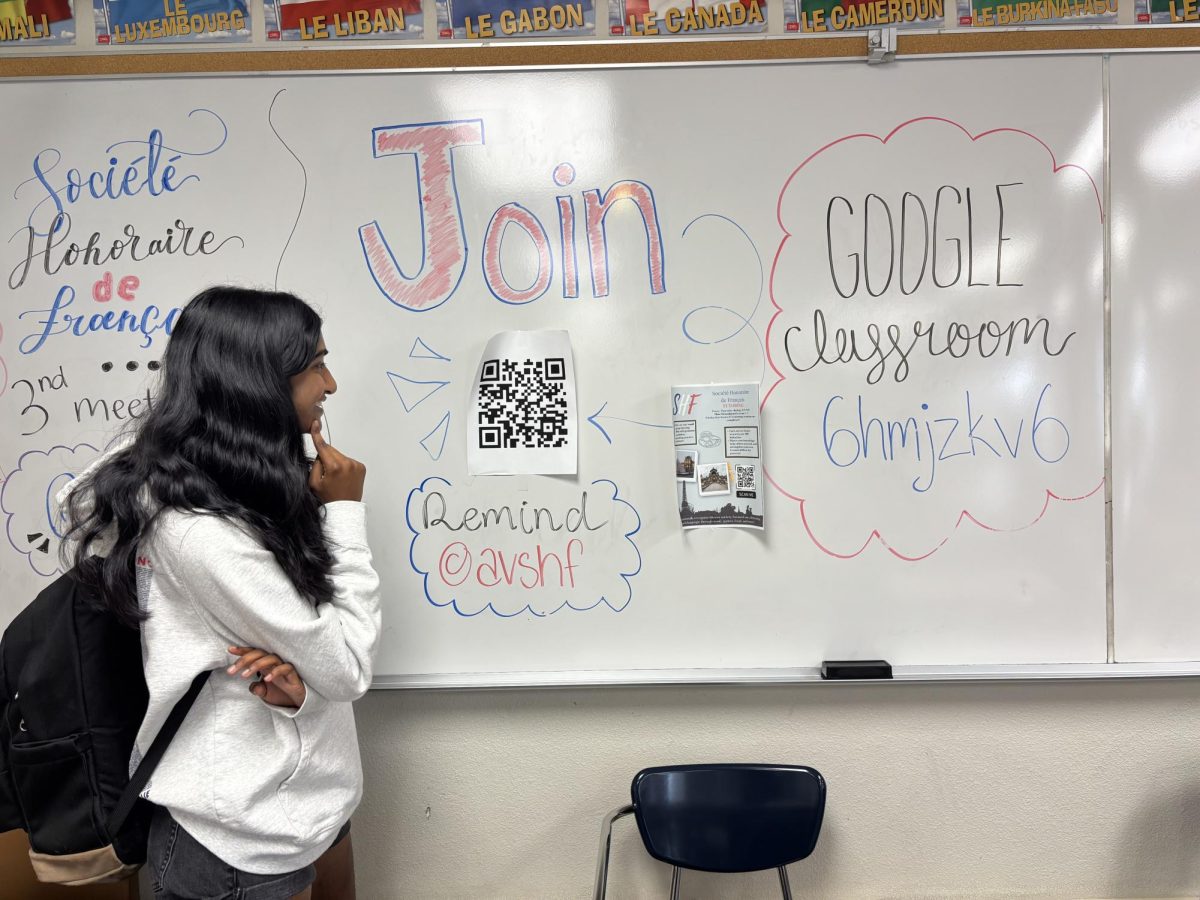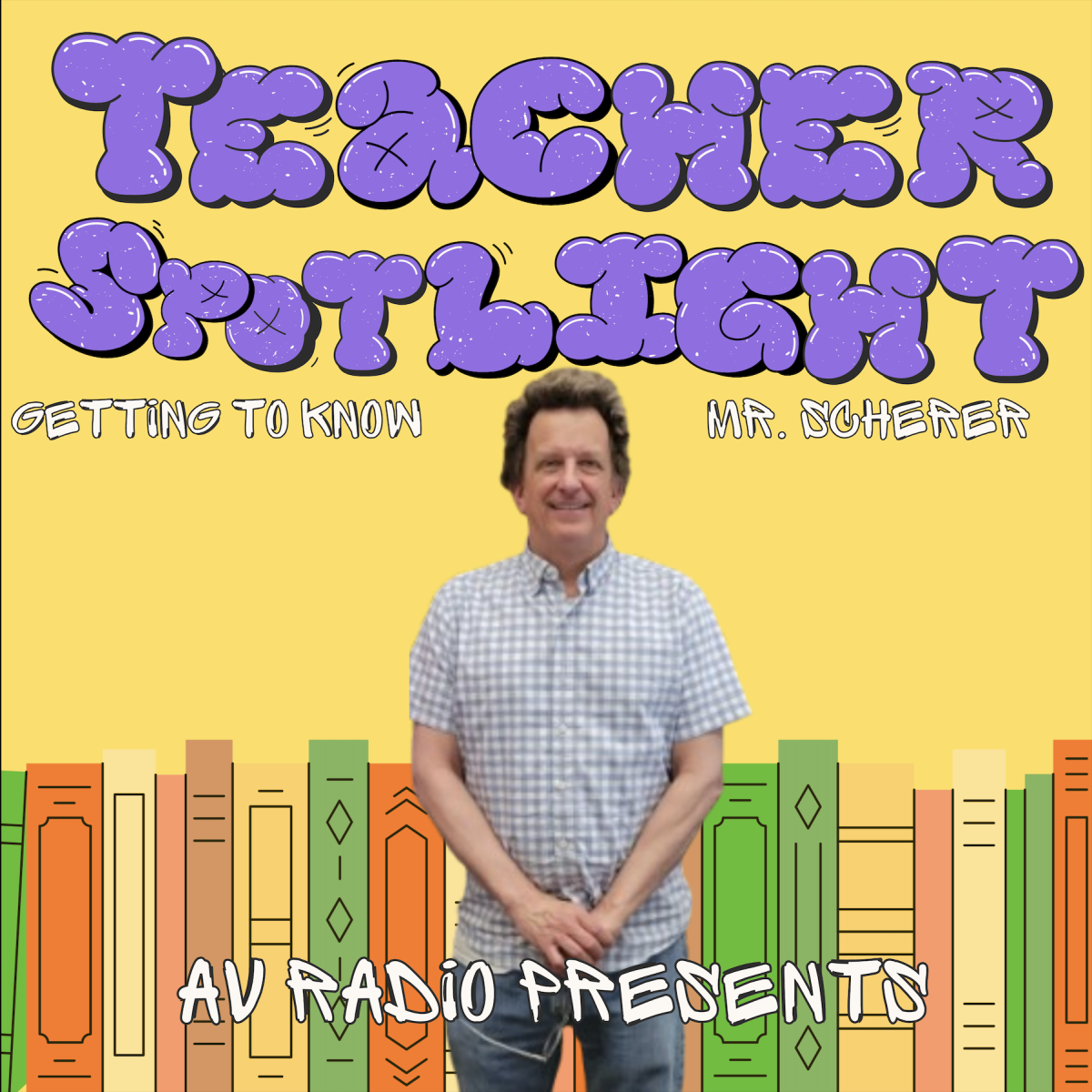Vietnam veterans present to the US history classes
Aided with a visual presentation, Vietnam War veteran Bill Murphy speaks about his time in the Navy.
May 1, 2022
Since 2001, Vietnam War veterans from Diablo Valley Speakers have been visiting Amador Valley to educate the junior class on this significant part of US history. On April 29th, each junior history class went to the library to listen to three men who came to share their stories.
“I think [hearing the veterans talk] does help with my understanding of the Vietnam war. A lot of what we’re taught in class is straight up facts, but the presentation gives us background and personal information that we wouldn’t be exposed to otherwise,” said Anthony Marchand (‘23).
Bill Green was drafted in 1969 at the height of the war. He talked about his experiences dealing with the Viet Cong, how he was drafted, and how his time there affected the rest of his life, including his battle with PTSD.
“I left Vietnam in 1969, but Vietnam has never left me. There’s not a day that goes by that I don’t think about my time there. I can still remember every detail about the original ten men in my platoon,” said veteran Bill Green.
The veterans reached out to the school twenty years ago wanting to educate kids about their experiences. Most people who served in the war didn’t talk about their experiences at all, and they felt very isolated because of that.
“As much as [the veterans] help our students understand what Vietnam was really like for them, we help them in terms of their healing process from what they went through,” said history teacher Thomas Dalldorf.
Textbooks that only teach the facts and dates can make students feel removed from the events themselves. Listening to real people account their experiences of war provides a sense of sympathy and realization of the hidden individual truths behind each story.
“When you see people living and breathing and talking about their experiences it makes the war seem that much more real, and makes you realize that it happened recently too,” said Katherine Kelly (‘23).




